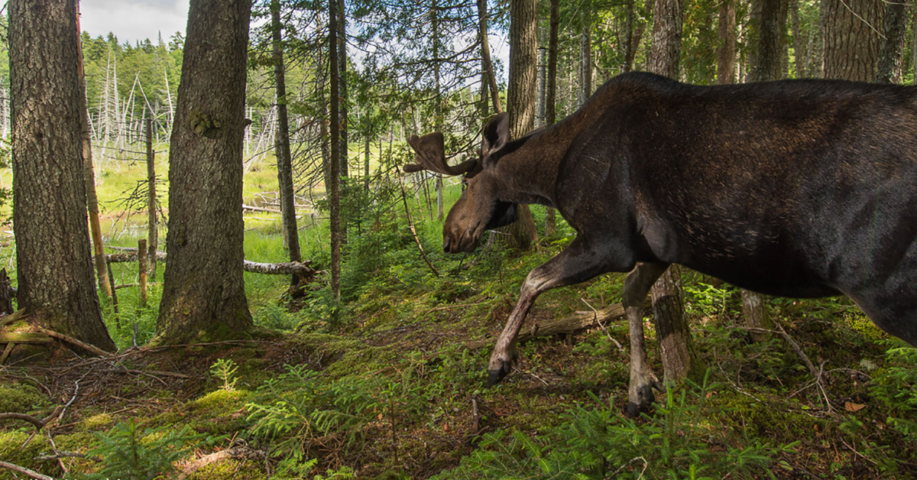Recommendations include scaling back clearcutting, banning glyphosate, and enacting new Crown Lands and Forests Act based on nature protection and fairness
Traditional Land of Wabanaki People/Fredericton – Lois Corbett told MLAs on the Standing Committee on Climate Change and Environmental Stewardship today that they need to stand with citizens and scientists in calling for an end to glyphosate use in the Crown forest.
The Executive Director of the Conservation Council of New Brunswick presented to the committee as part of its meetings this week to hear from experts about herbicide use in the forest.
She said overwhelming public support for an end to herbicide spraying in our woods, new scientific evidence showing glyphosate’s effects on plants, animals and its long-term presence in rivers and watersheds, and mounting lawsuits related to the human health impact of glyphosate, must compel the committee members follow the lead of jurisdictions across the world in banning glyphosate-based herbicides.
“You’re going to hear from industry, ‘We can’t do things differently’” Corbett told committee members. “I don’t buy it. There are a lot of smart foresters in this province, there is a lot of talent within the industry. If they put their mind to it, they can do it. But if we don’t have legislators standing up with citizens and scientists saying we have to do this, industry will not change.”
Corbett noted Quebec banned glyphosate on its Crown forests in 2001 and maintains a productive forestry industry, with thinning crews doing the job herbicides once did. A review of Quebec’s practises following the ban found that its new strategy “is an asset in the implementation of ecosystem-based management.”
Corbett also recommended the committee call on the legislature to update the 30-year-old Crown Lands and Forests Act with a focus on fairness for private woodlot owners and First Nations and nature protection at its core.
“Like a crutch when you have a broken leg, herbicides are a symptom of a broader problem: large-scale clearcutting and an out-dated forest management strategy.
“We have the climate change crisis. We have a crisis in nature. We have First Nations and private woodlot owners demanding fairness, and we have overwhelming public support for change. This is not the time for small goals. It’s time to do what the forests and wildlife needs, what our citizens want, and what New Brunswickers’ deserve.”
-30-
You can see Corbett’s presentation to the committee here: English | French
To arrange an interview, contact:
Jon MacNeill, Communications Director, Conservation Council of New Brunswick | jon.macneill@conservationcouncil.ca | 506-238-3539

